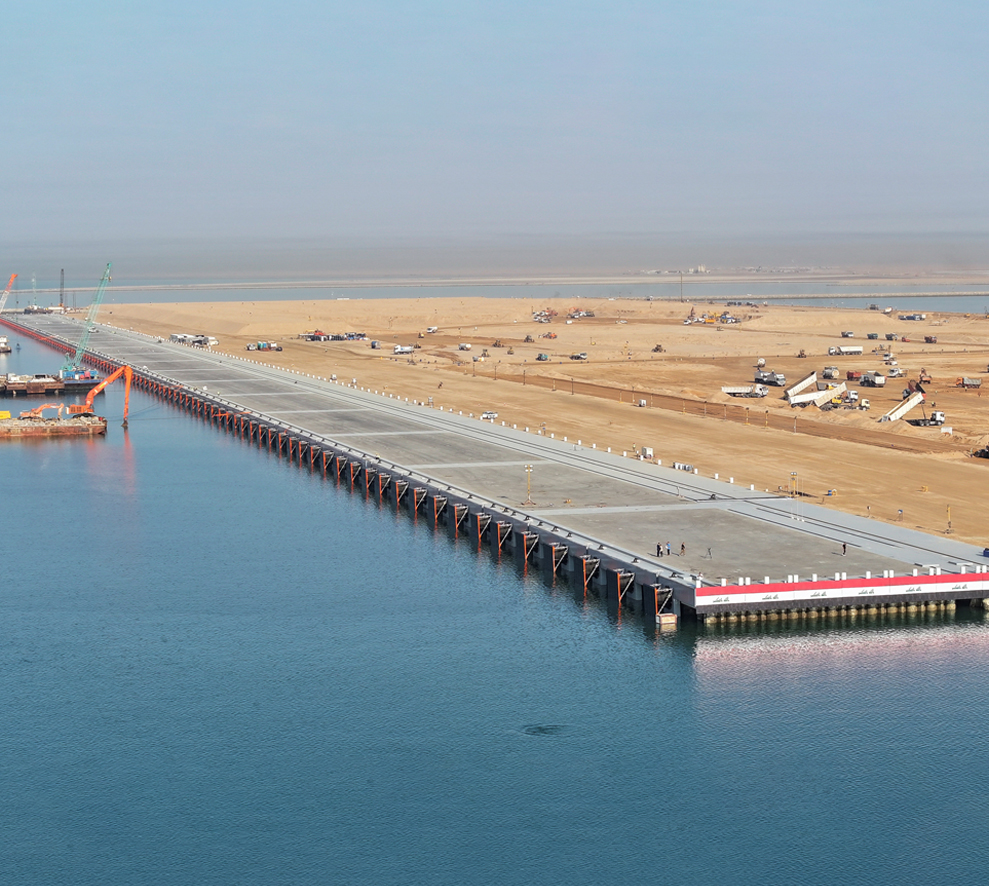Analyses
Syria: the Future of the State of Uncertainty
The Syrian-Iraqi Border: Reshaping the Geopolitical Space of the Middle East
Op-Ed
Real clear world: A former terrorist inside the white house
Op-Ed
NYT: The President and A Former Terrorist Meet at the White House
Syria: the Future of the State of Uncertainty
The Syrian Unity Predicament: Files of Sovereignty, Security, and the Kurdish Issue
Palestinian-Israeli conflict
Trump’s Plan: Second Phase Scenarios
Filter by:
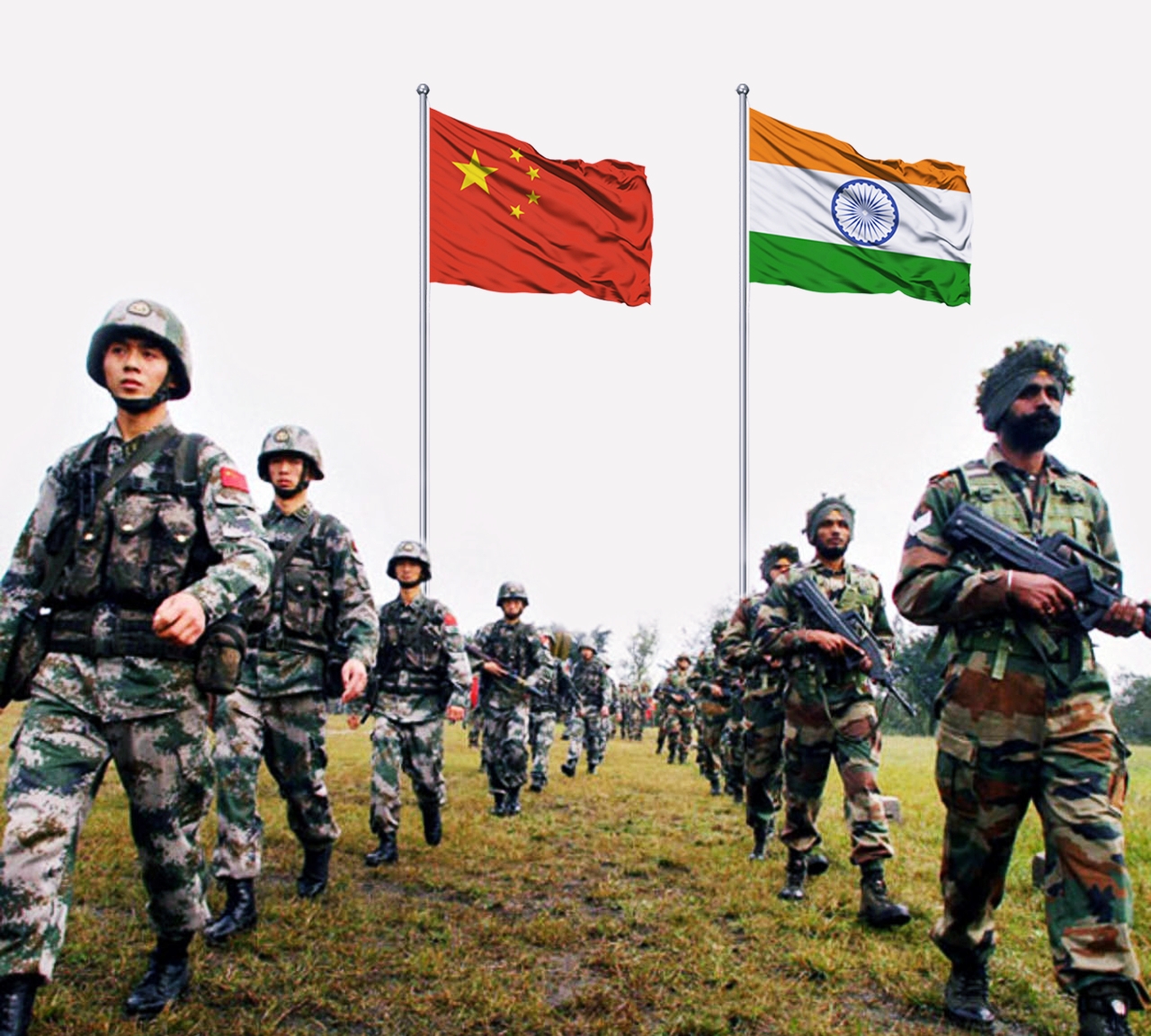
Indian-Chinese Engagements in Flux
Following clashes resulting in the killing of dozens of soldiers, Indian-Chinese tensions witness an unprecedented escalation, as the Galwan Valley confrontations on June 15, 2020, are the first to result in casualties since 1975. Hence, this paper discusses the historical tensions between the two countries, the factors that led to such escalation, and the forecasted outcomes of current events.
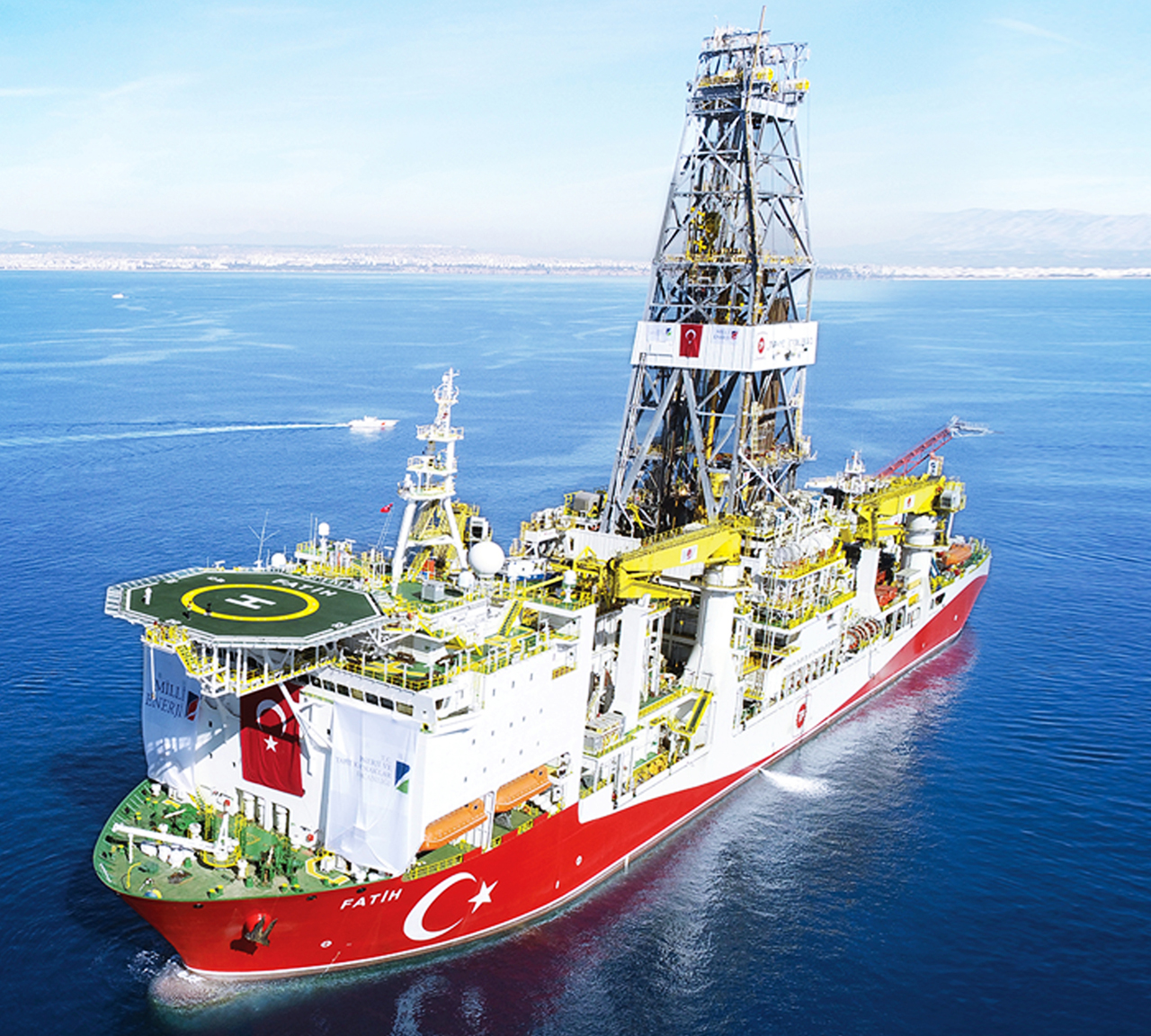
Turkish Aspirations for the Eastern Mediterranean Gas
Turkey has undoubtedly become a major energy corridor linking East and West, through which it was able to obtain a geostrategic significance, yet, Turkey is still unsatisfied. On the contrary, it proceeded to impose itself as a key player in the energy field without having the necessary resources for it. It also seeks to find a place in any project for extracting or transporting gas in the region; so will Turkey succeed in achieving its goals?
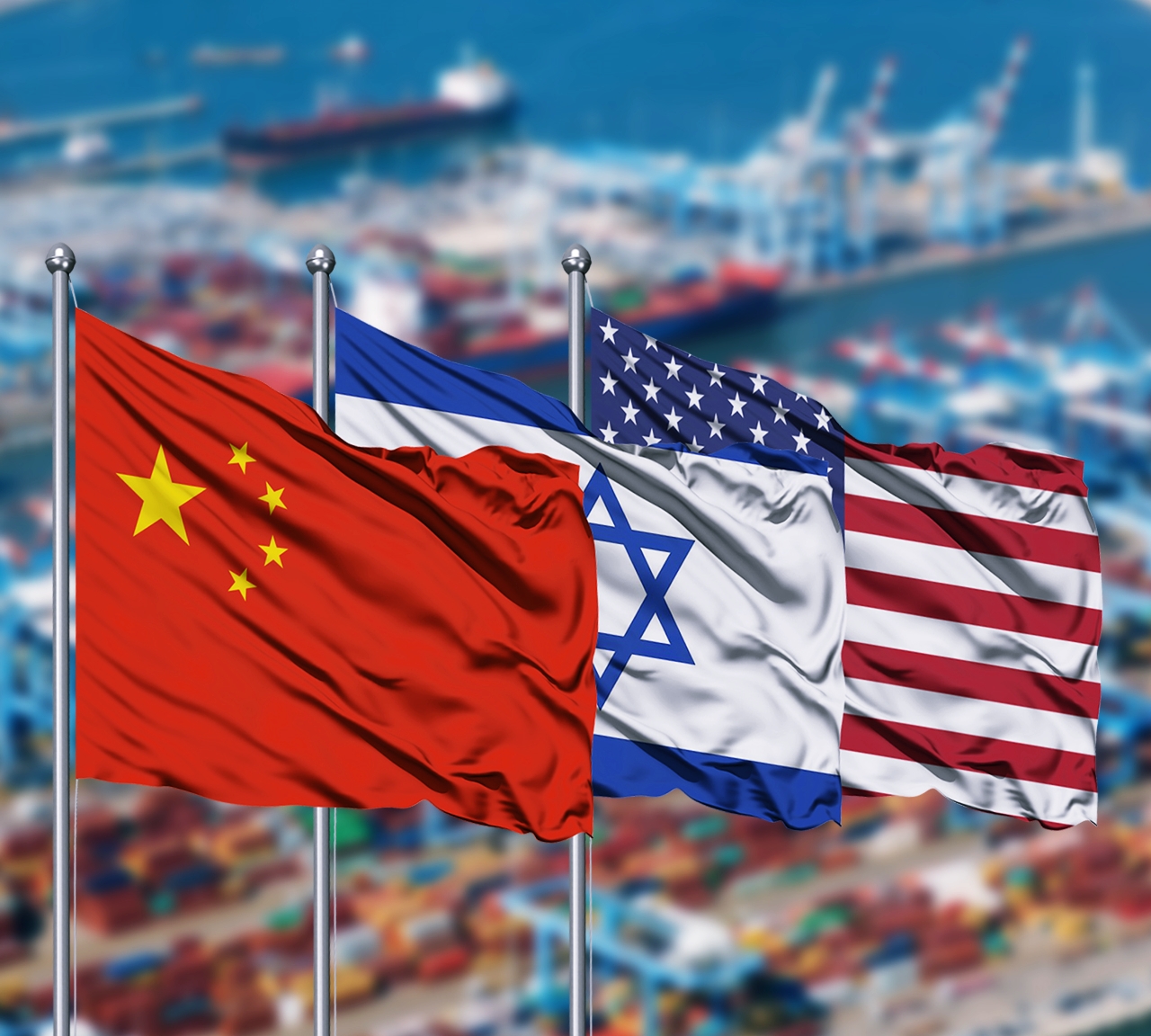
Israel as a New Arena of Chinese-U.S. Competition
In light of the increasingly tense Chinese-U.S. relations and given the internal and external circumstances in Israel, could Israel be the next arena for Chinese-U.S. competition? Are Beijing and Washington racing to win the loyalty of Tel Aviv? Or will the U.S. pressure Israel, its strategic and historical ally, to negatively affect Israeli-Chinese relations?
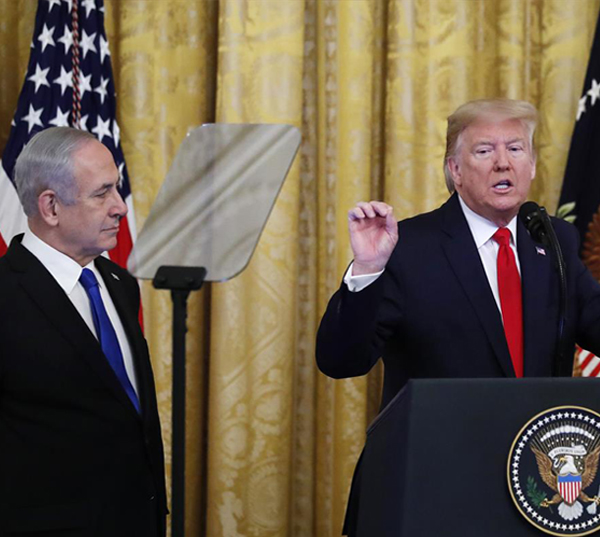
The Day After “The Deal”
After announcing the “Deal of the Century” to resolve the Israeli-Palestinian conflict, what are its implications on the course of the peace process in general? And will this plan be treated as a new reference point, or will it be a mere non-binding proposal?

Iraqʹs Return to the Regional Arena: Possibilities and Opportunities
In light of the development in Iraq in recent years, especially at the level of security, political level, and oil production, and amid transformations in the Arab and regional arenas in the context of Arab-Iranian relations, this report addresses relevant questions; Is it possible for Iraq in the upcoming period to return to its influential role in the balance equation at the Gulf, Arab and regional levels? does it possess the elements needed for this role and the willingness to practice it? What are the obstacles standing in the way of Iraq’s return to the regional and international arenas?
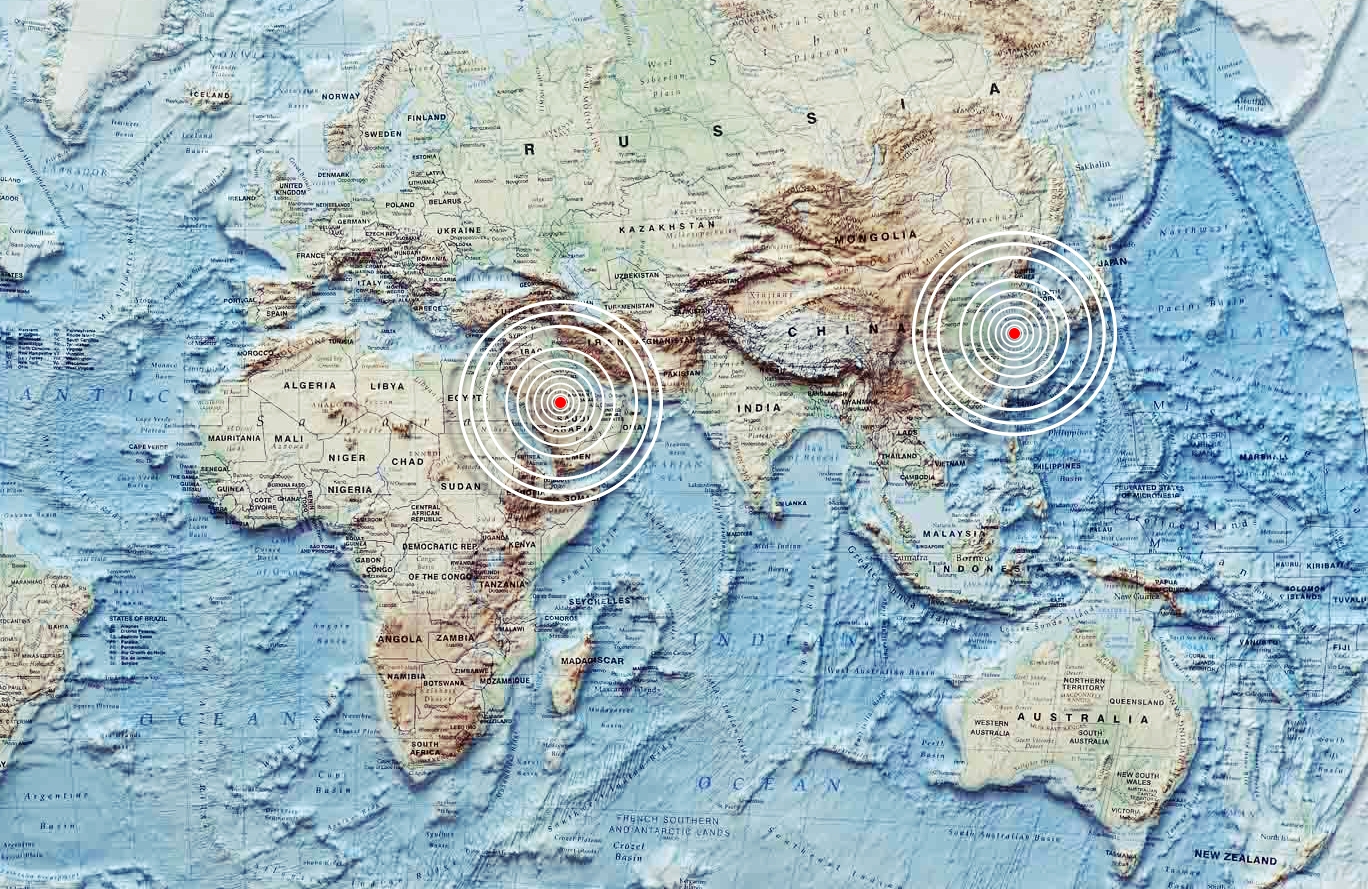
The Geostrategic Competition over the Middle East and the Far East
There are notable signs of rising relative importance of the Far East region compared to the Middle East, which still enjoys a geostrategic advantage in the foreseeable future at least, as it is at the center of global conflicts with major powers competing to increase their presence in this turbulent part of the world; as such, will the Far East replace the Middle East in terms of significance?
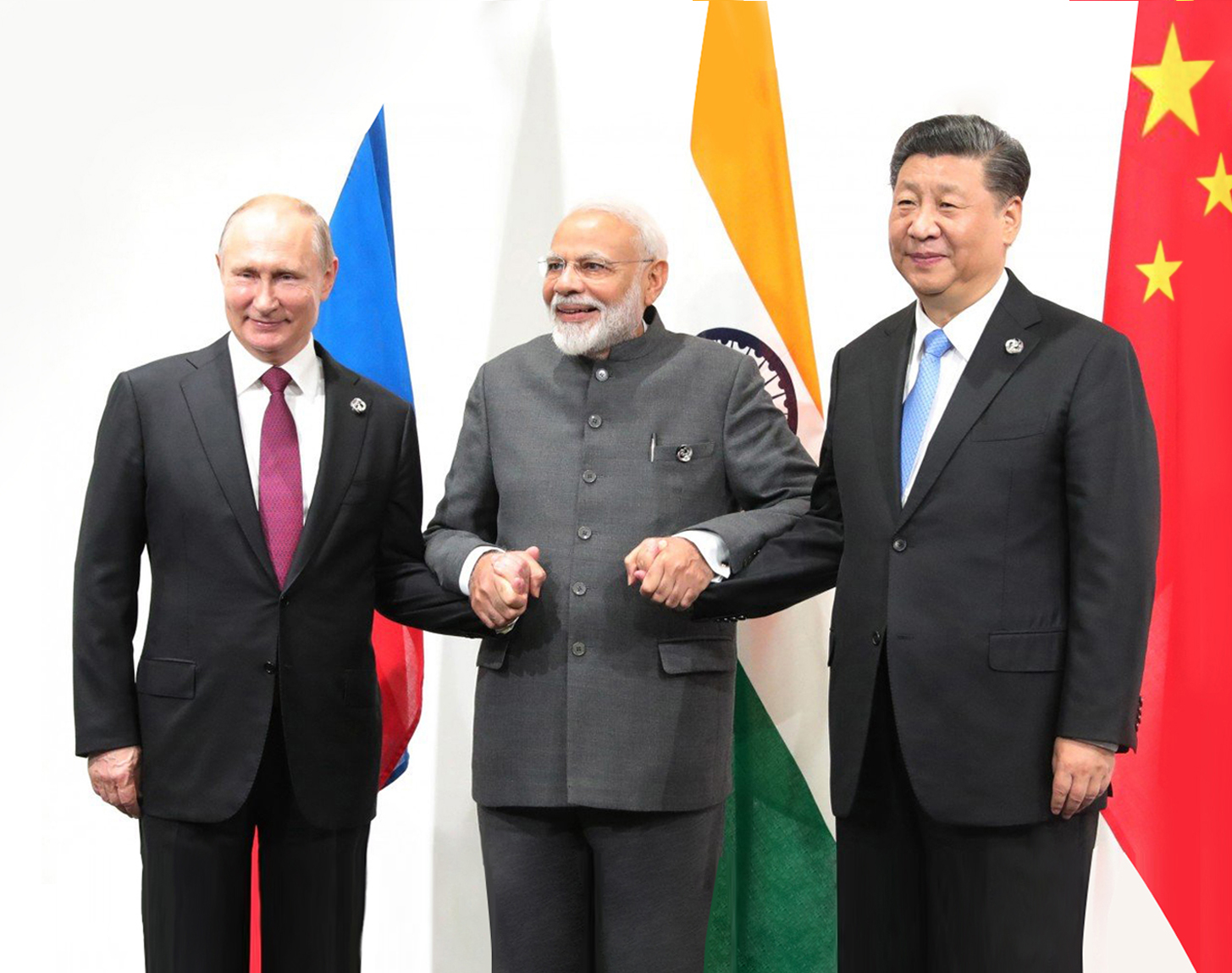
The Rising Powers in the East
While the U.S. strives to reiterate its domination over the current world order, the continuity of such unilateral power, in the long run, is indefinite, given the emerging active international powers that seek to assert their presence in the international arena. Despite this heated competition over international issues, rational cooperation and costs of international conflicts prevent progressing this competition towards direct engagement. As such, this article discusses the future expansion of China, Russia, and India as rising powers and the extent to which such expansion would conflict with the existing balance of powers.
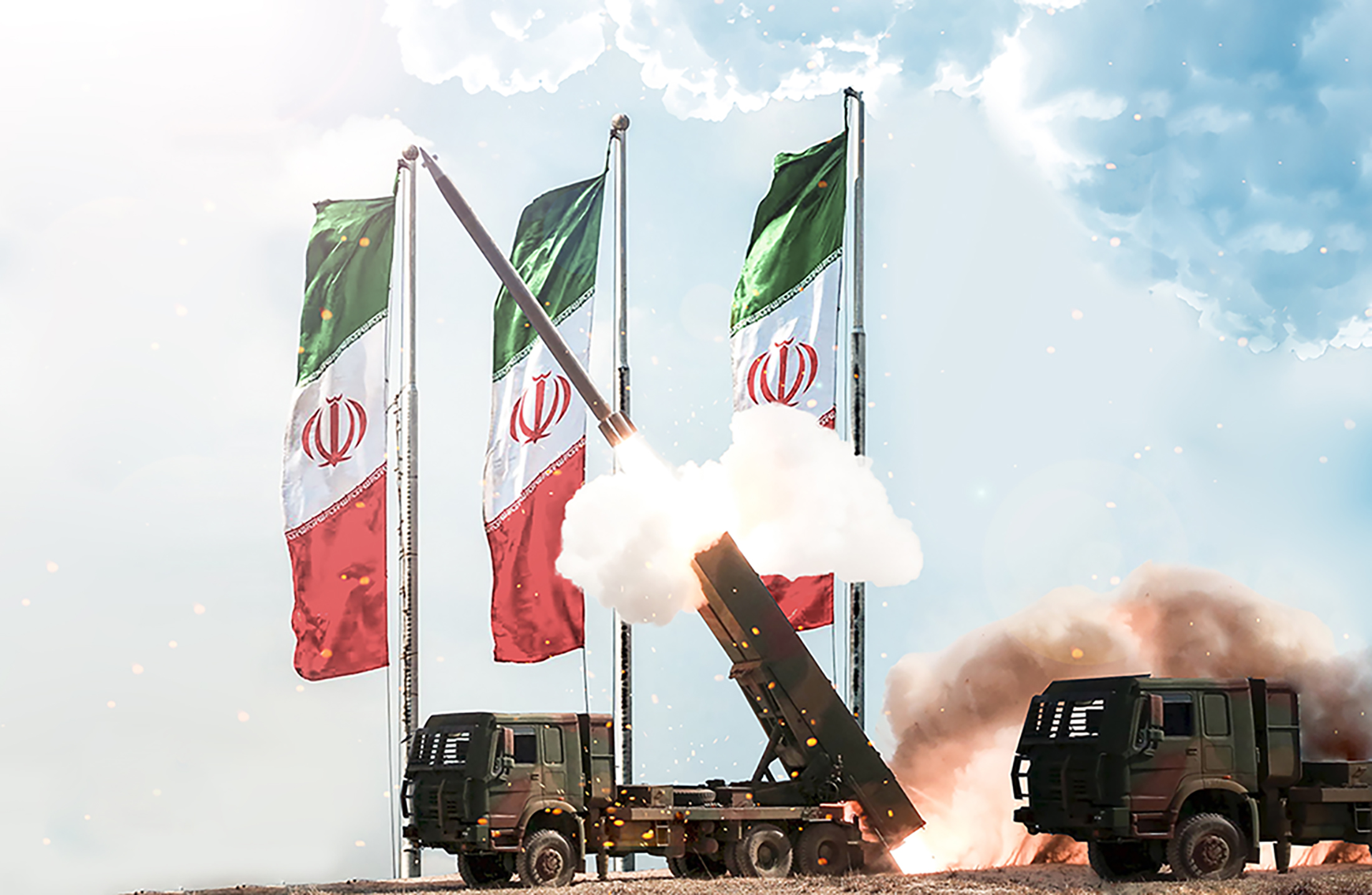
The Future Course of Transformations in Iran
The sanctions imposed since 4th of November might encourage the region to achieve desired compromises and increase strategic costs of the Iranian influence in the region. Yet, Washington gives Iran a room for maneuver for two reasons; to resort to secret negotiations and to balance the pressure on Iran so as to avoid the eruption of war, a possibility that the region cannot endure its costs. However, there are no guarantees that the U.S. strategy would achieve its goals and bring Iran to negotiate over a comprehensive agreement; however, some believe that the use of U.S. escalating pressure could succeed in this strategy. Published in STRATEGIECS Outlook Report in February 2019, this article examines the extent to which Tehran can endure the costs of "maximum pressure", and to what extent will the U.S. administration proceed with its relentless efforts to change Iran's regional behavior?
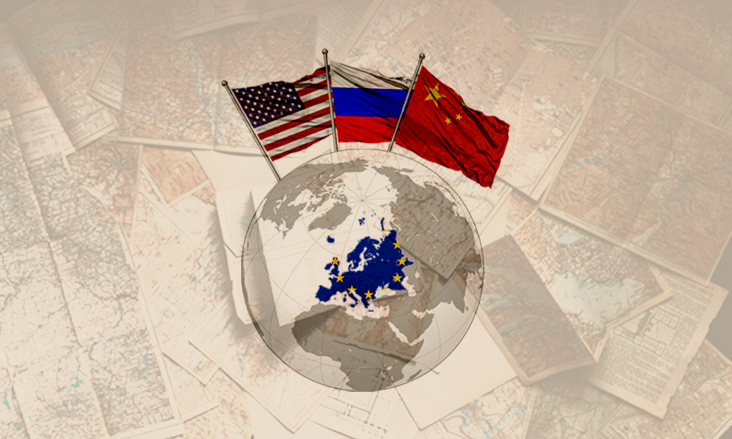
The Competition over the Heart of the World
This article assesses the bilateral relations of the two sides of the Atlantic Ocean and addresses Europe’s situation in the geostrategic competition between world powers. It also explores key features of the European political identity that is being formed at the international level.
